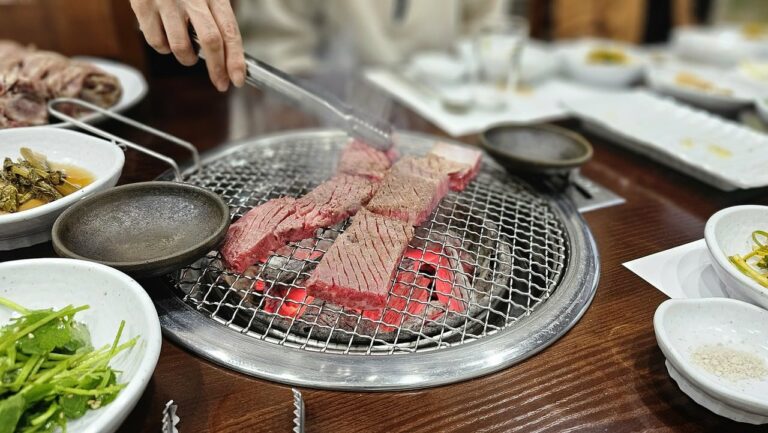Analyzing the Role of Blockchain Technology in Food Safety Testing
betbhai.com exchange, play99 exchange, gold365 registration: Analyzing the Role of Blockchain Technology in Food Safety Testing
In recent years, blockchain technology has been making waves in various industries, including healthcare, finance, and supply chain management. One area where blockchain technology is proving to be particularly beneficial is in food safety testing. By leveraging the decentralized and secure nature of blockchain technology, companies are able to enhance transparency, traceability, and accountability in their food safety processes. In this article, we will delve into the role of blockchain technology in food safety testing and explore the benefits it brings to the table.
What is Blockchain Technology?
Blockchain technology is a decentralized and distributed ledger system that securely records transactions across a network of computers. Each transaction is stored in a block, which is linked to the previous block, forming a chain of blocks. Once a block is added to the chain, it cannot be altered or deleted, ensuring the integrity and security of the data.
How Does Blockchain Technology Enhance Food Safety Testing?
Blockchain technology enhances food safety testing in several ways:
1. Traceability: With blockchain technology, every step of the food supply chain can be tracked and verified, from farm to fork. This transparency allows companies to quickly identify the source of contamination or foodborne illnesses, minimizing the impact on consumers.
2. Accountability: By recording each transaction on the blockchain, companies are held accountable for their actions and decisions. This accountability encourages food producers to adhere to strict safety standards and practices, reducing the risk of food safety issues.
3. Real-time Monitoring: Blockchain technology enables real-time monitoring of food safety testing processes, allowing companies to identify and address potential risks immediately. This proactive approach helps prevent foodborne illnesses and contamination before they escalate.
4. Data Integrity: The immutability of blockchain technology ensures the integrity of the data recorded on the ledger. This means that all information related to food safety testing is secure and cannot be tampered with, providing assurance to consumers and regulators.
5. Cost Efficiency: By streamlining food safety testing processes and eliminating the need for intermediaries, blockchain technology reduces operational costs for companies. This cost efficiency allows companies to invest more resources in improving food safety measures.
6. Compliance: Blockchain technology helps companies comply with food safety regulations and standards by providing a transparent and auditable record of their activities. This transparency makes it easier for regulators to verify compliance and enforce regulations effectively.
The Future of Food Safety Testing with Blockchain Technology
As the adoption of blockchain technology in food safety testing continues to grow, the future looks promising. Companies are increasingly recognizing the benefits of blockchain technology in enhancing food safety processes and are leveraging it to improve traceability, accountability, and transparency in their operations.
FAQs
Q: How secure is blockchain technology for food safety testing?
A: Blockchain technology is highly secure due to its decentralized and immutable nature. The data recorded on the blockchain cannot be altered or deleted, ensuring the integrity of the information.
Q: Can blockchain technology prevent foodborne illnesses?
A: While blockchain technology cannot prevent foodborne illnesses entirely, it can help companies identify and address potential risks more efficiently, reducing the likelihood of contamination and outbreaks.
Q: How can companies implement blockchain technology in their food safety testing processes?
A: Companies can implement blockchain technology by partnering with blockchain providers or developing their own blockchain solutions tailored to their specific needs. It is essential to work with experts in blockchain technology to ensure a smooth and successful implementation.
In conclusion, blockchain technology is revolutionizing food safety testing by enhancing traceability, accountability, and transparency in the food supply chain. As companies continue to adopt blockchain technology in their operations, we can expect to see improved food safety standards and reduced risks of contamination and foodborne illnesses. The future of food safety testing looks bright with blockchain technology leading the way.







